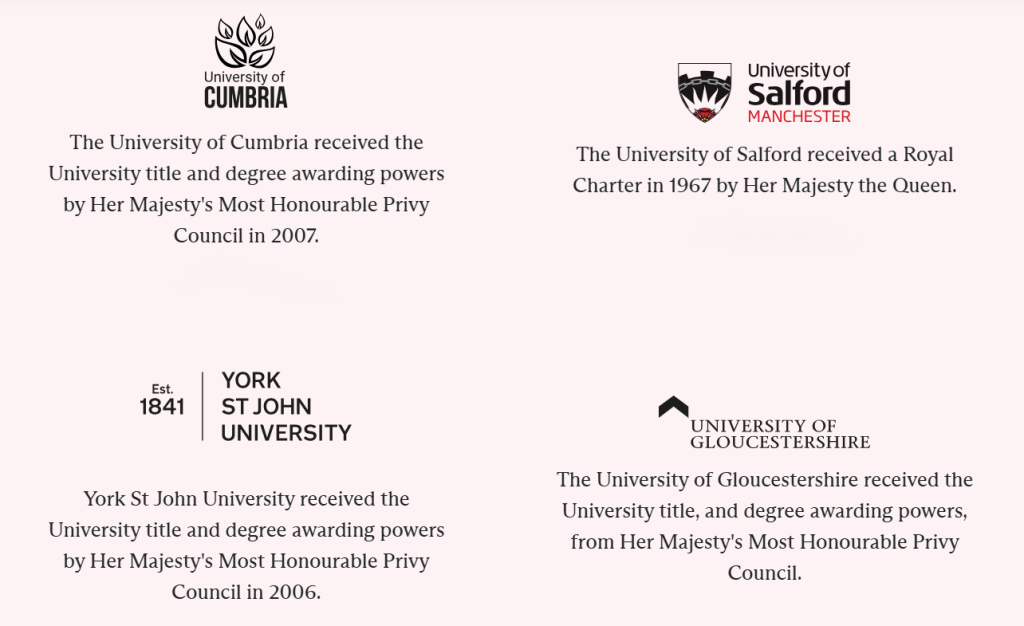Sometimes, the fear of the unknown is more of a hindrance in achieving your end goal. Once you are past this fear and are well informed, it is just a matter of planning your path. Similar is the plight of students who want to study of online but face the fear of the unknown, such as : What is the best way to study online? Should you do an online programme? How to better manage time when learning online? And so on.
These are all questions that we at Robert Kennedy College (RKC) get regularly asked by students looking to join one of our online programmes. Undertaking to do an online master’s degree programme will be an additional commitment to your time and finances, and it is wise to get information beforehand.
Through this continuing series of blog posts, some of our past and current students have shared their experiences, thoughts and opinions and given their feedback on handling some of these choices and situations. Hopefully, this will help you to make an informed decision.

This time we have an alumnus from the University of Cumbria and Robert Kennedy College, MBA programme, June Hay.
An Introduction
Which Uni are you studying with?
University of Cumbria
Which programme did you choose and why?
Masters of Business Administration
The Study Plan
How did you plan to study each module, and what was the reality? For example, how many hours did/do you have to put in each day/or in a week?
Each Monday morning I would check the requirements for the modules I was registered into. I would then plan my week accordingly.
I put in about 20 hours a week for each module, plus some extra time when completing the assignments, mid-term or final. Each week I tried to respond on the discussion board by Wednesday and then would respond to others on the discussion in the latter part of the week.
Of course, sometimes life gets in the way, and I would have to put in more time one week, to make up for the time I missed due to other obligations.
What part of the day did/do you find most suitable to study? (e.g. early mornings, lunch break, evenings, weekends?)
I work best in the morning, so this is my preferred time when possible. To study in the evening I would often go to the local library for a quieter atmosphere that at home.

How much time did you devote to each assignment?
Probably more than I should have! It depended on the amount of research that was needed for each assignment. On an average about 20 – 30 hours for mid-terms and 40 – 60 hours for finals, with the exception of the residency with the final assignment after returning – I’m guessing I spent closer to 120 hours on that final.
Travelling and Communication

How did travelling impact your ability to study?
Difficult due to disparate bandwidth availability. Having said that, it was often an opportunity on the plane or between flights to study during quiet times.
How were you able to interact with peers and/or professors given the time differences?
The five hour time difference between Ontario Canada and Switzerland was a bit of a problem, especially trying to get assignments in on time. Just needed to be more conscious about that.

A typical day as a master’s student
What does a typical day as an Online Masters’ student look like for you?
Because I work best in the morning, I would get my coffee and start by checking the discussion boards and making note of what I needed to give a response.
I mapped out my reading for the week, and so would spend my allotted time doing the reading and listening to webcasts. By Wednesday each week, I would put my contribution to the discussion board.
Any advice?
Any advice you have for students to better plan their studies.
Make a schedule early on to get the mid-term and final assignments completed.
Create files on your computer to keep your modules, assignments, and research organised so that when you are completing your assignments you can easily find your materials. I noticed that many students did not participate in the discussion boards, and I think they missed a valuable part of the learning. And potentially we missed out on their experience and perspective that they may have shared with the rest of the class.

A to the point and practical advice by our alumni. I hope this blog has answered some of your questions, and provided that motivational boost to your academic plans. You can also chat LIVE on WhatsApp with one of our Education Advisors for more information on all the programmes we offer and the application process.












































